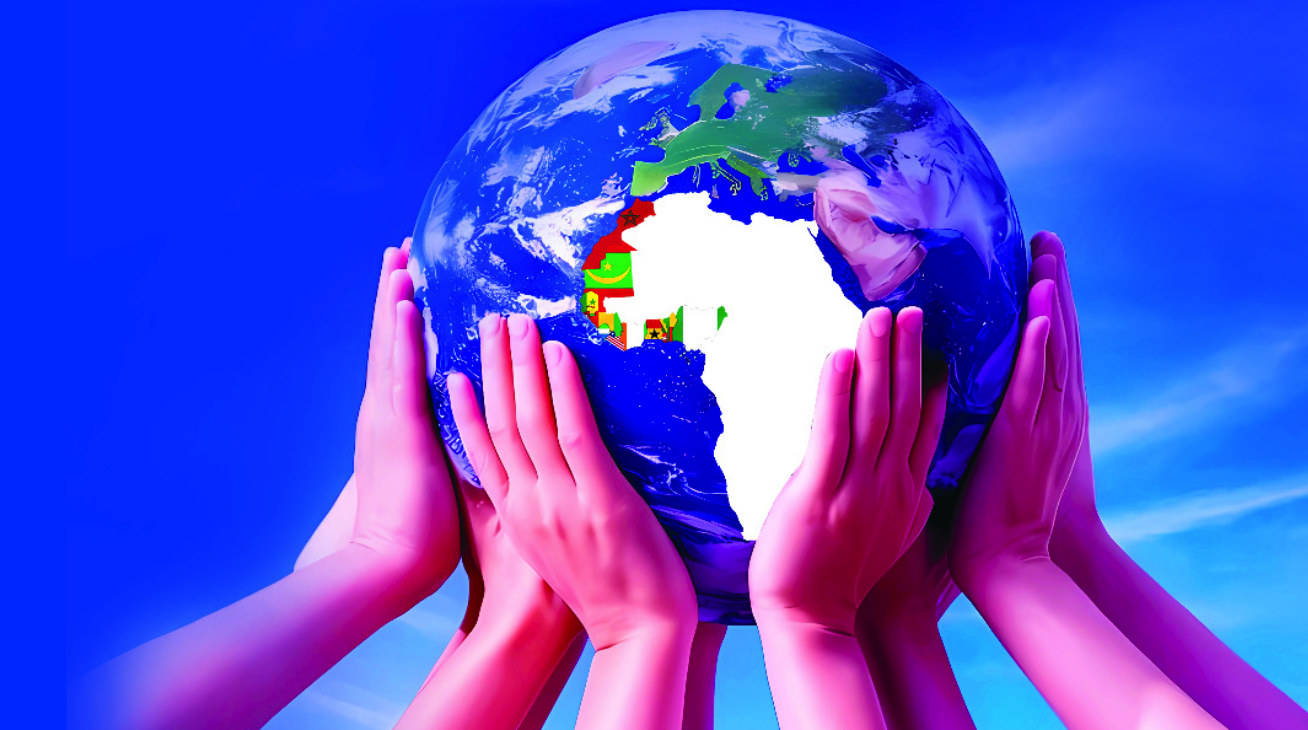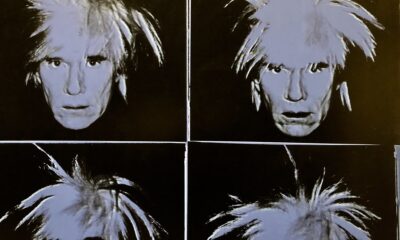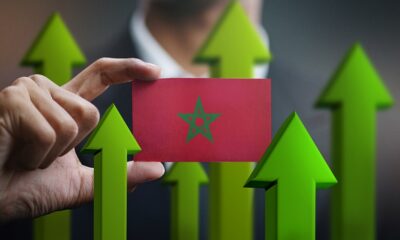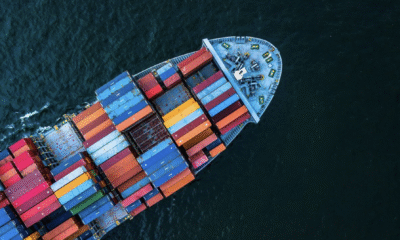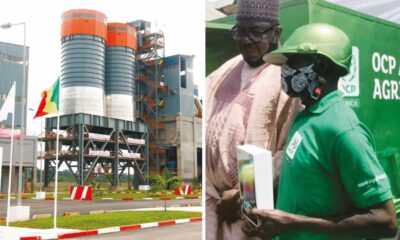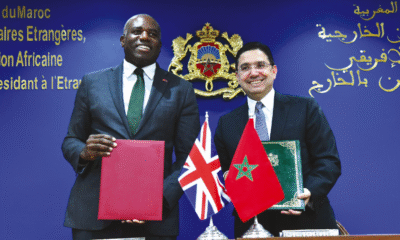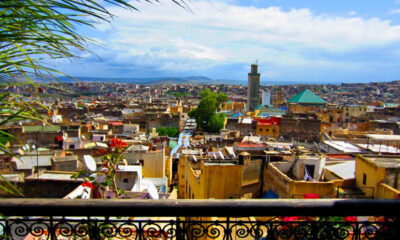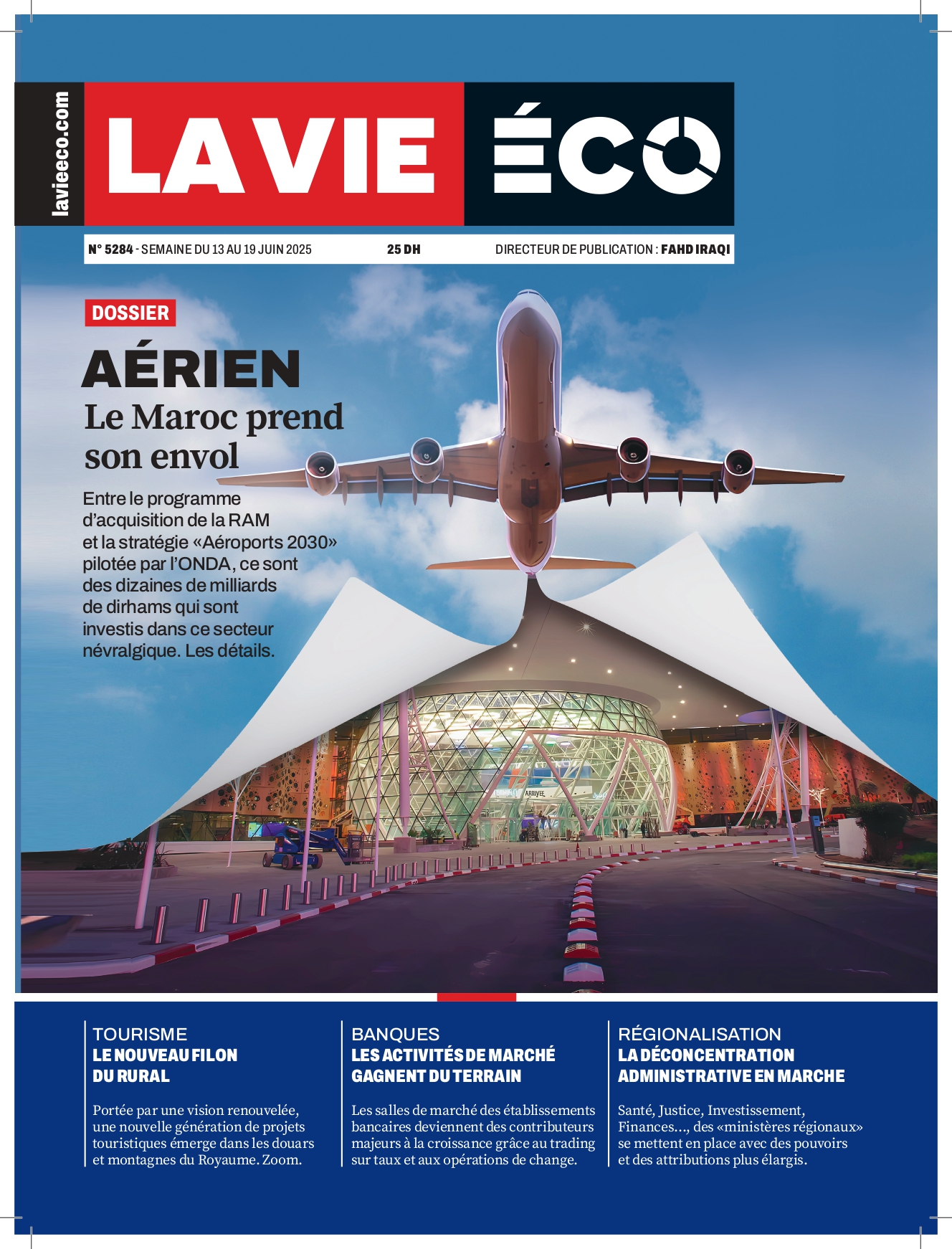Influences
Geopolitics: How Morocco Is Building Its Regional Bloc
With the Atlantic Africa Initiative, anchored by the Morocco-Nigeria Gas Pipeline, and the Sahel Economic Corridor—featuring the new Port of Dakhla as a gateway to the Atlantic—the Kingdom is constructing a new regional framework. This 25-year project involves over $500 billion in investments.
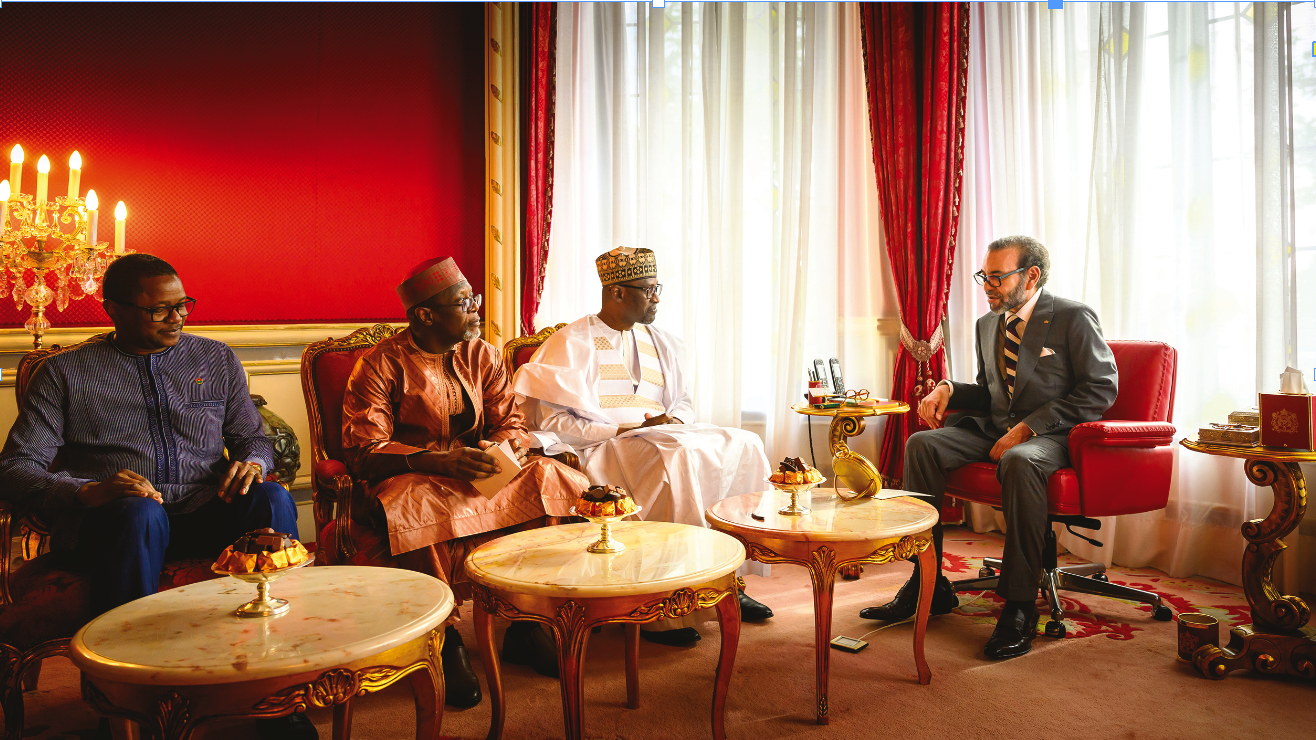
On April 28 of this year, the Sovereign granted a royal audience to the foreign ministers of the three AES countries (Alliance des États du Sahel/Alliance of Sahel States).
Within a year—possibly sooner, but certainly by 2026—the first summit of heads of state of the Atlantic Alliance will be held. Between now and then, the ceremonial but politically significant signing of the two agreements related to the Atlantic Africa Gas Pipeline by the heads of state of the 13 involved nations is expected to take place.
These three events share a common thread: Morocco is the driving force behind initiatives that are widely acknowledged to elevate the Kingdom to the ranks of Africa’s most influential nations, alongside Western powers, China, and Russia, among others.
Further evidence of Morocco’s growing role—or, more accurately, the role it is already playing—on the continent came in early May, when Egypt and Morocco announced a strategic coordination framework for African markets.
The logic is straightforward: Both countries aim to leverage their complementary geographic positions—Egypt in East Africa and Morocco in West Africa. However, Egypt has historically positioned itself as Africa’s gateway. Notably, over a dozen Egyptian companies have already expressed interest in using Morocco as a springboard into African markets.
Another significant indicator is the United Arab Emirates (UAE), whose Minister of State for African Affairs recently concluded a highly monitored visit to the three AES countries. The UAE is poised to finalize agreements under the “Towards a Renewed Partnership between the Kingdom of Morocco and the United Arab Emirates” Declaration, ratified in December 2023.
These agreements include, among other priorities, “economic partnerships and energy infrastructure development with African countries,” such as the Atlantic Africa Gas Pipeline, the integrated “Dakhla Gateway to Africa” project, and the creation and management of a commercial maritime fleet.
These projects converge toward the same overarching goal. The UAE has already signaled its intent to help finance the Atlantic Africa Gas Pipeline, whose construction is set to begin, with feasibility studies already completed.
Another marker: Since the Mauritanian president’s private visit to Morocco in late December 2024, Mauritania has pursued several initiatives aligning with this broader regional integration agenda.
The opening of new international border crossings with Morocco, the signing of an agreement in early February to implement the Morocco-Mauritania electricity interconnection, and the recent deployment of Mauritanian military forces to secure the northeastern border zone are all concrete examples of this alignment.
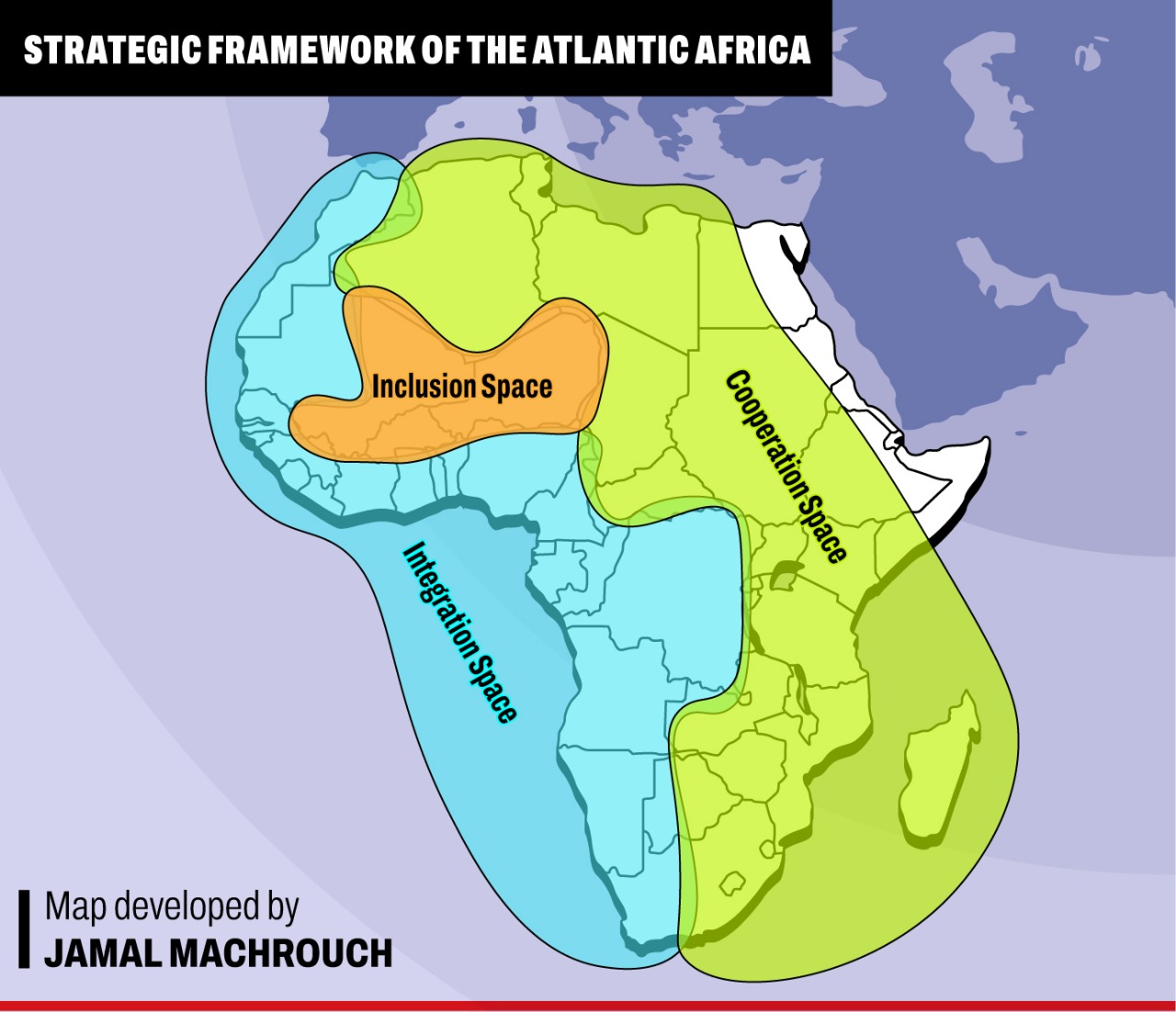
Food and Energy
The message is clear. Morocco’s Atlantic and Sahel visions are taking shape, marking a shift from traditional bilateral relations to a more integrated regional leadership role.
Observers note, “Morocco is now positioning itself as a key architect of regional integration, offering an alternative model to existing frameworks and external influences. This is what makes its two initiatives unprecedented, yet powerful and credible.”
The Kingdom has significantly strengthened economic ties with the continent, evidenced by its soaring exports to Africa—primarily sub-Saharan Africa—which surged from $300 million to over $3 billion between 2004 and 2024.
This expansion reflects a deliberate policy to deepen economic, diplomatic, and developmental relations across Africa.
However, analysts stress, “Moroccan initiatives are not mere economic projects.” Far from it. They represent a forward-looking vision for the entire continent.
The Atlantic Africa Initiative, as a diplomatic and institutional framework, lays the groundwork for broader economic and geopolitical alignment.
The Sahel-Atlantic Initiative, with its concrete projects, serves as its most visible and operational manifestation.
In practice: The Atlantic Africa Initiative is anchored by the Atlantic Africa Gas Pipeline, a $20+ billion infrastructure project.
The Sahel-Atlantic Initiative is operationalized through an economic corridor culminating in the new Port of Dakhla as a gateway to the Atlantic.
As Morocco’s Minister of Industry and Commerce, Ryad Mezzour, recently emphasized: “This is a 20- to 25-year project for Atlantic and Sahel integration. A colossal endeavor requiring $500 billion in investments. The symbol of this vision is the Nigeria-Morocco Gas Pipeline. This pipeline isn’t just about transporting gas from a few African countries to Europe—it’s about ensuring access to electricity for all participating African nations.”
He elaborated: “It enables each country along the route to enhance agricultural productivity through a gas, ammonia, and phosphate mix. This directly addresses food security. It also unlocks the potential for value addition to their raw materials, whether agricultural or mineral.”
The minister added: “This royal African project, driven by both initiatives, includes a Sahelian economic corridor with roads, railways, and development hubs across the region, all linked to the Port of Dakhla as a global gateway. We’re talking about securing and developing an entire region, propelled by Morocco and the Port of Dakhla, toward full integration with the world. This is Africa’s century-defining project, championed by our Sovereign.”
Geopolitical Vacuum
Morocco’s twin initiatives carry a major economic imperative: unlocking the vast, underutilized potential of natural and human resources across Sahelian and Atlantic nations.
By easing logistical constraints and promoting co-development, these initiatives aim to enhance resource exploitation, attract greater investment, and drive meaningful socioeconomic progress.
Direct Atlantic access for Sahel countries could catalyze industrial and mining development while diversifying economies historically reliant on subsistence agriculture and raw material exports.
This includes building value chains in sectors like agriculture, agribusiness, pharmaceuticals, green mobility, and renewable energy.
Improved infrastructure, enhanced connectivity, and greater regional stability are expected to significantly boost foreign investment in telecommunications, cement production, banking, renewables, and mineral/gas exploration.
The Atlantic Africa Gas Pipeline, meanwhile, offers substantial opportunities for industrial development along its route and plays a pivotal role in diversifying Europe’s gas supply, bolstering regional energy security.
Morocco’s three-decade-old expertise in renewable energy further positions it to ensure reliable, sustainable power for industrial growth in the energy-deficient Sahel.
In essence, these initiatives underscore Morocco’s ambition to play a central, transformative role in reshaping the geopolitical and economic landscape of the Sahel and sub-Saharan regions.
The Kingdom seeks to consolidate its influence and offset its unsuccessful bid to join ECOWAS (Economic Community of West African States), positioning itself as “Africa’s de facto bridge” to the Atlantic world.
Analysts note that Mali, Niger, and Burkina Faso’s withdrawal from ECOWAS in early 2024 created a significant geopolitical vacuum—one Morocco now aims to fill by offering a compelling alternative model of regional integration.
In this context, the two initiatives represent a strategic maneuver by Morocco to leverage its geographic position and economic capabilities to fill a regional leadership void. This long-term strategy aims to secure Morocco’s own geopolitical stability and economic prosperity while fostering stability across its immediate neighborhood.
Integration, Inclusion, and Partnership
At a time when countries like Turkey and Russia—following the withdrawal of France and other Western powers—are positioning themselves as security partners in the region, particularly as arms suppliers, and China acts as an economic ally focused on infrastructure and mining, Morocco distinguishes itself as a stable, reliable African partner offering comprehensive solutions to regional challenges.
In a Policy Brief published by the Policy Center for the New South (PCNS), Jamal Machrouh, newly appointed Director of ISCAE-Rabat, explains that Morocco’s strategy to forge a cohesive and prosperous African Atlantic space rests on two complementary initiatives.
The first, the Atlantic Africa Process, seeks cooperation among Atlantic-facing African nations across three priority areas: political and security collaboration, blue economy development with a focus on maritime connectivity and energy integration, and sustainable environmental stewardship. This initiative aims to structure a unified geopolitical zone stretching from Cape Spartel in northern Morocco to Cape of Good Hope in South Africa.
The second, the Sahel Accessibility Initiative, prioritizes unlocking landlocked Sahel nations’ access to the Atlantic Ocean through interconnected port systems, roads, and railways to integrate them into the broader African Atlantic framework.
Machrouh delineates three interconnected spheres of influence: an integration space for Atlantic African states and their Exclusive Economic Zones (EEZs); an inclusion space for Sahel countries; and a partnership space extending to the rest of the continent. He emphasizes that the solidarity extended to Sahel nations should eventually encompass other landlocked African countries, such as Zambia and the Central African Republic, noting a critical UN statistic: landlocked states forfeit 20% of their GDP due to lack of maritime access.
What Impact Do These Initiatives Have on Morocco?
Short Term: Morocco benefits from enhanced diplomatic positioning. The Kingdom gains diplomatic visibility and immediate leverage by offering a concrete solution to a critical regional issue. Its role as a “trusted interlocutor” in a volatile region is reinforced. This period also marks the initiation of early investments and the launch of key projects, including the initial phases of major infrastructure developments such as the Atlantic Port of Dakhla and the Tiznit-Dakhla Expressway. The Africa-Atlantic Gas Pipeline project is in its pre-launch phase. These early actions demonstrate the Kingdom’s operational commitment and capacity, while bolstering Morocco’s soft power and diplomatic leverage.
Medium Term: Critical infrastructure components are expected to become operational. By 2029, the Atlantic Port of Dakhla will begin facilitating direct maritime trade for Sahelian countries. Connectivity corridors (road and potential initial railway stages) will be further developed, leading to measurable reductions in logistical costs for Sahelian economies. Morocco’s role as a vital economic and logistical hub for the Sahel will solidify, significantly increasing its geopolitical weight and influence in Northwest Africa. Progress on the Africa-Atlantic Gas Pipeline and renewable energy projects could begin addressing chronic energy deficits in the Sahel, fostering nascent industrial development and improving living conditions.
Long Term: Morocco’s position as a strategic gateway and central logistical, industrial, and energy hub for Africa—particularly for Atlantic and Sahelian regions—will be strongly consolidated. This involves leveraging its expertise in port management, renewable energy, and regional integration. The initiatives are projected to establish a more deeply integrated and interdependent African Atlantic economic bloc characterized by shared prosperity and enhanced regional stability. This integration will extend beyond economics to encompass human and social dimensions. Morocco will reap long-term economic benefits through sustained growth in trade, foreign direct investment, and diversification of its own economy, contributing to its overall sustainable development.
